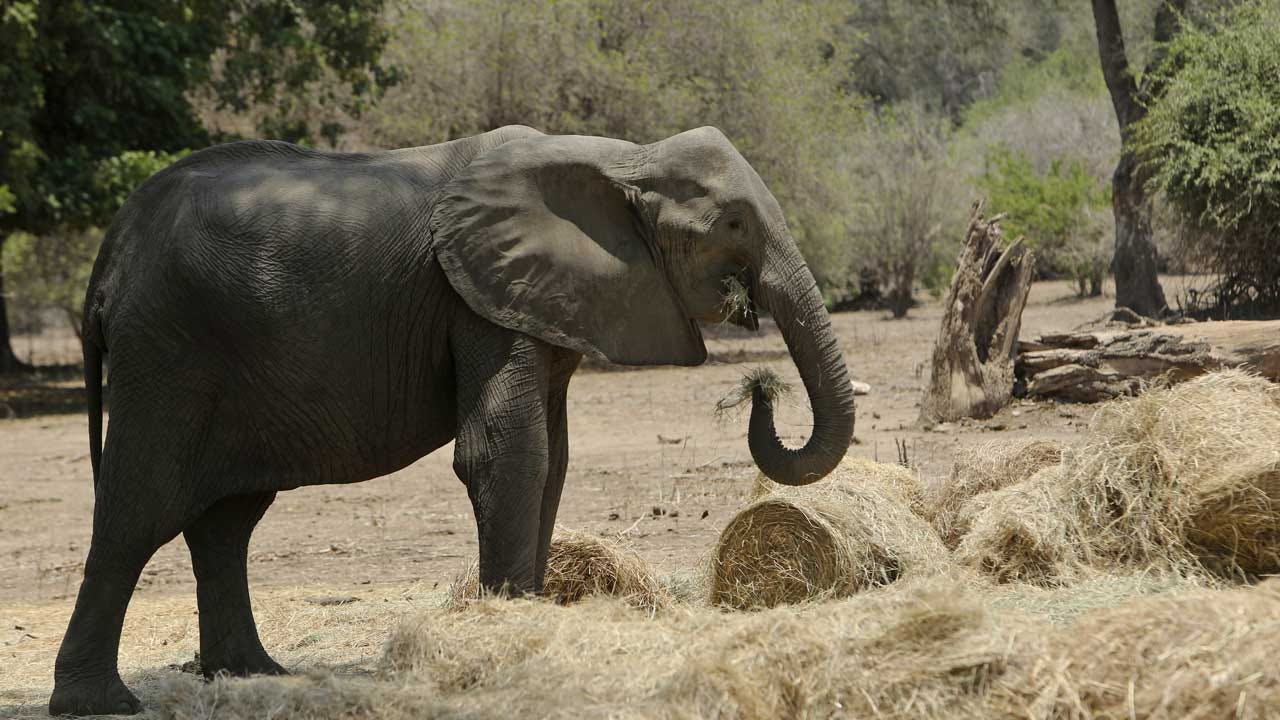
Zimbabwe’s largest national park, Hwange National Park, has witnessed the tragic demise of at least 100 elephants as water sources evaporate amid an extended dry spell, disclosed an international animal welfare group on Monday.
The International Fund for Animal Welfare (IFAW) highlighted the dire situation, attributing the elephants’ deaths to the dwindling water holes, which have transformed from once-abundant sources to mere muddy patches within the expansive 14,600 square-kilometer (5,600 square-mile) park, home to approximately 45,000 elephants.
Despite efforts such as the installation of 104 solar-powered boreholes, park authorities acknowledged the insufficiency of water sources in the face of extreme temperatures, compelling wildlife to embark on long journeys in search of sustenance.
In response to the crisis, Zimbabwe Parks and Wildlife Management Authority noted a migration of numerous animals from the national park to neighboring Botswana in pursuit of water and food.
IFAW expert Phillip Kuvawoga characterized the mounting animal fatalities as a reflection of broader challenges in conserving natural resources in the region, exacerbated by climate change.
This tragedy echoes a similar event in 2019 when over 200 elephants succumbed in Zimbabwe. The recurrence of such incidents signals the ongoing environmental strain.
Zimbabwe, known to harbor around 100,000 elephants, boasts the world’s second-largest elephant population, nearly doubling the park’s carrying capacity, as highlighted by conservationists.
The Intergovernmental Panel on Climate Change underscores southern Africa’s vulnerability to extreme heat and reduced rainfall due to global warming, categorizing the region as high-risk.
